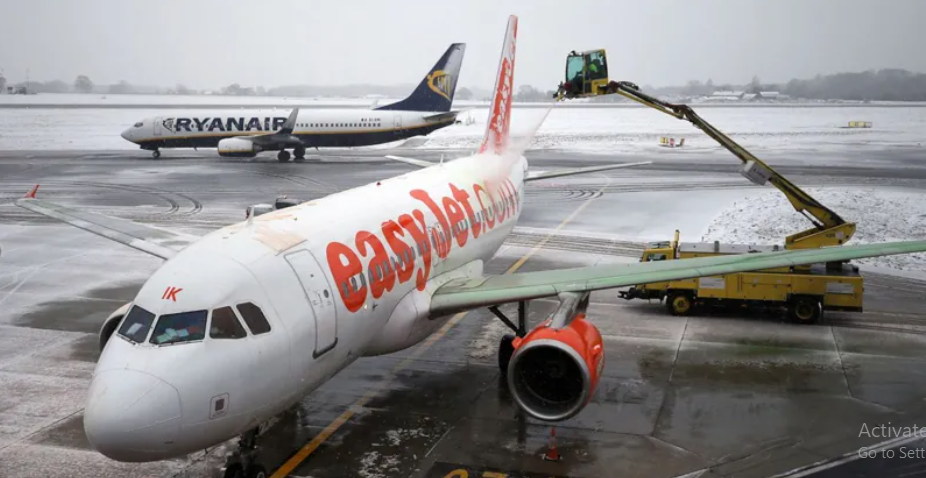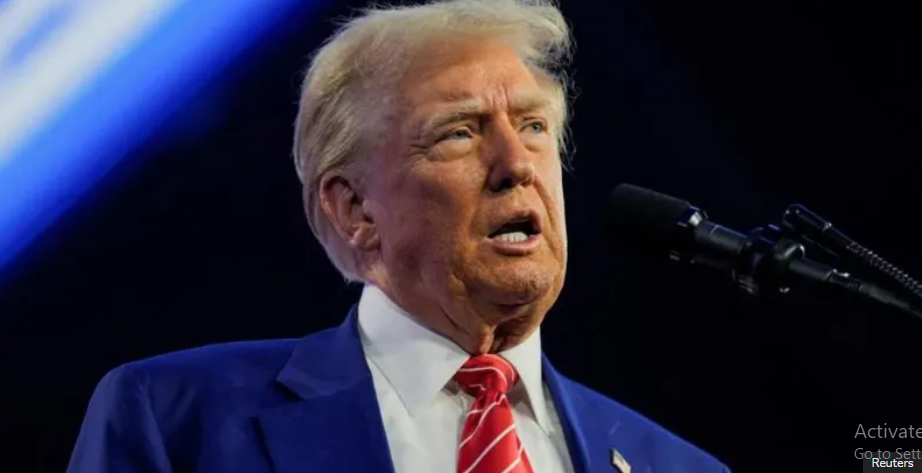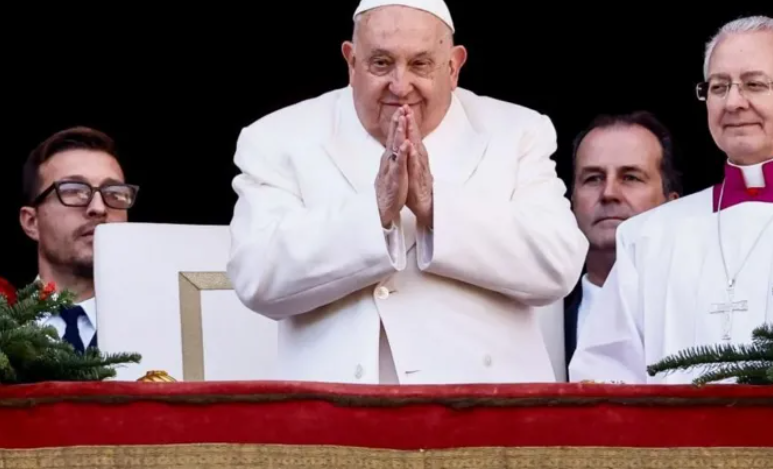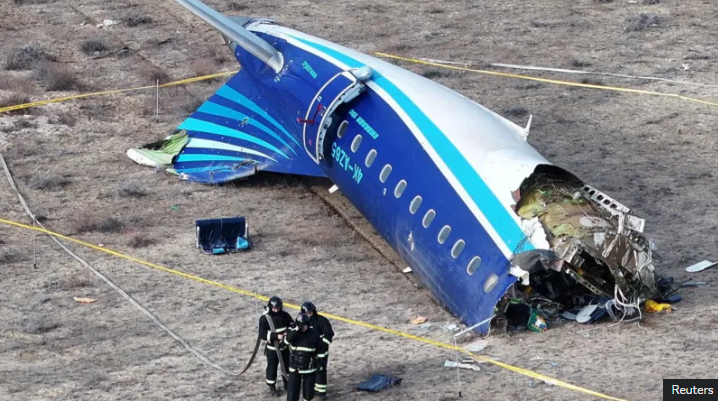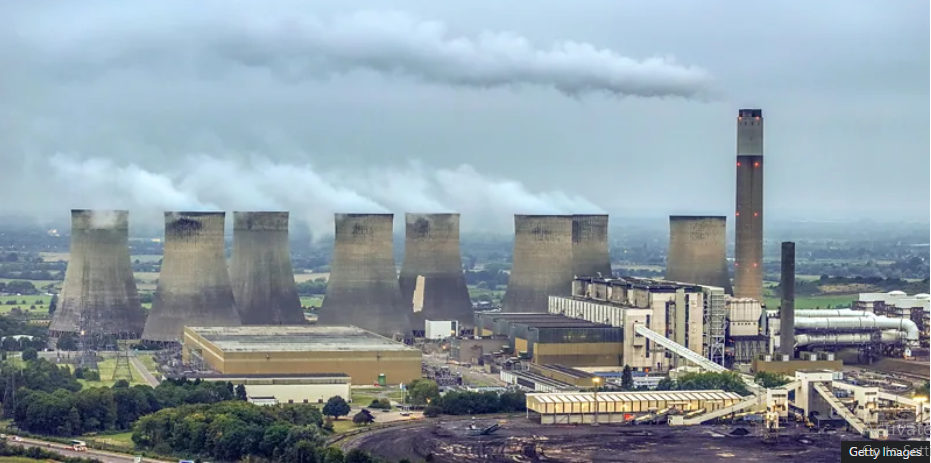The exiled National Unity Government said the junta’s offer was not worth considering
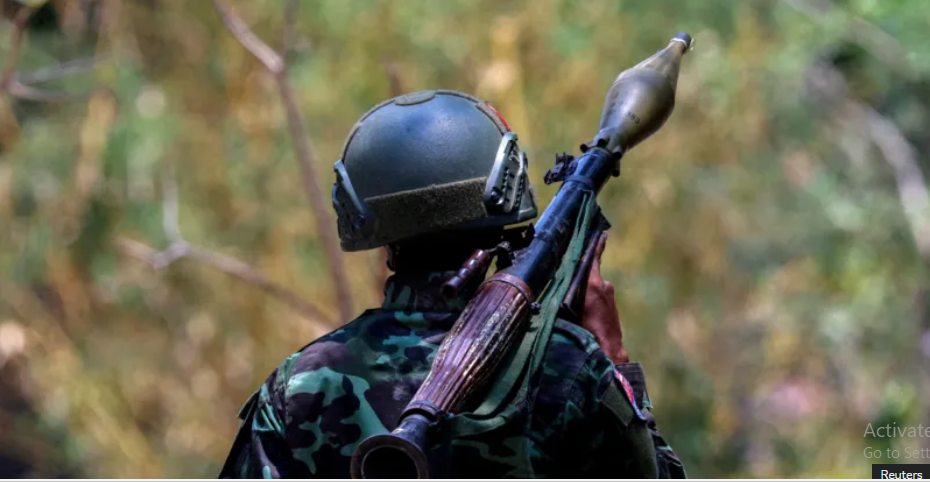
Rebel groups have rejected a peace offer from Myanmar’s embattled junta, which is reeling from battlefield losses and defections in a civil war that has dragged on for more than three years.
This is dictatorship’s first such outreach since it seized power in 2021. It also comes after a ceasefire brokered by China in the northern Shan state fell apart.
The junta called on ethnic armed groups and “terrorist insurgent groups” to “communicate with us to solve political problems politically”, also urging them to join elections planned for next year.
The exiled National Unity Government (NUG) said the offer was not worth considering, adding the junta had no authority to hold an election.
The junta extended an olive branch Thursday as it struggled to fight on multiple fronts and stem a widespread rebellion.
Some reports say the junta now has control of less than half of Myanmar’s territories.
In June, an alliance of three ethnic armies renewed an offensive against the military, seizing territory along a key highway to China’s Yunnan province, which borders Myanmar.
The fighting near the border in Shan state has blocked China’s ambitious plan to connect its landlocked south-west to the Indian Ocean via Myanmar.
Beijing’s top diplomat, Wang Yi, is thought to have delivered a warning to the country’s ruler Min Aung Hlaing during a visit to Myanmar last month.
Armed groups should follow “the path of party politics and elections in order to bring about lasting peace and development”, the junta said in its statement on Thursday.
“The country’s human resources, basic infrastructure and many people’s lives have been lost, and the country’s stability and development have been blocked [because of the conflict]” it said.
But the rebel groups are sceptical of the offer.
The Karen National Union (KNU), which has been fighting for decades with the military for more autonomy along the border with Thailand, told AFP news agency that talks were only possible if the military agreed to “common political objectives”.
“Number one: no military participation in future politics. Two [the military] has to agree to a federal democratic constitution,” KNU spokesman Padoh Saw Taw Nee told AFP.
“Number three: they have to be accountable for everything they have committed… including war crimes and crimes against humanity,” he said. “No impunity.”
If the junta does not accede to these demands, the KNU will “keep putting pressure on [the junta] politically and militarily,” he added.
Maung Saungkha, the leader of the Bamar People’s Liberation Army, told Reuters news agency that his group is “not interested in this offer”.
“They are hanging goat’s heads but selling dog meat,” Soe Thu Ya Zaw, commander of the Mandalay People’s Defense Forces, wrote on Facebook.
After the military ousted Myanmar’s democratically-elected government in 2021, peaceful protests were met with killings and arrests.
This led ethnic armed groups to join forces with anti-coup militias across the country to fight back, plunging the country into a civil war.
At least 50,000 people have been killed since the coup and more than two million people displaced, according to the United Nations.
The UN warned last week that Myanmar was “sinking into an abyss of human suffering”. Eyewitnesses had previously told the BBC about how the military has tourtued people in its custody, including by pouring burning petrol on them and forcing some to drink their urine.





